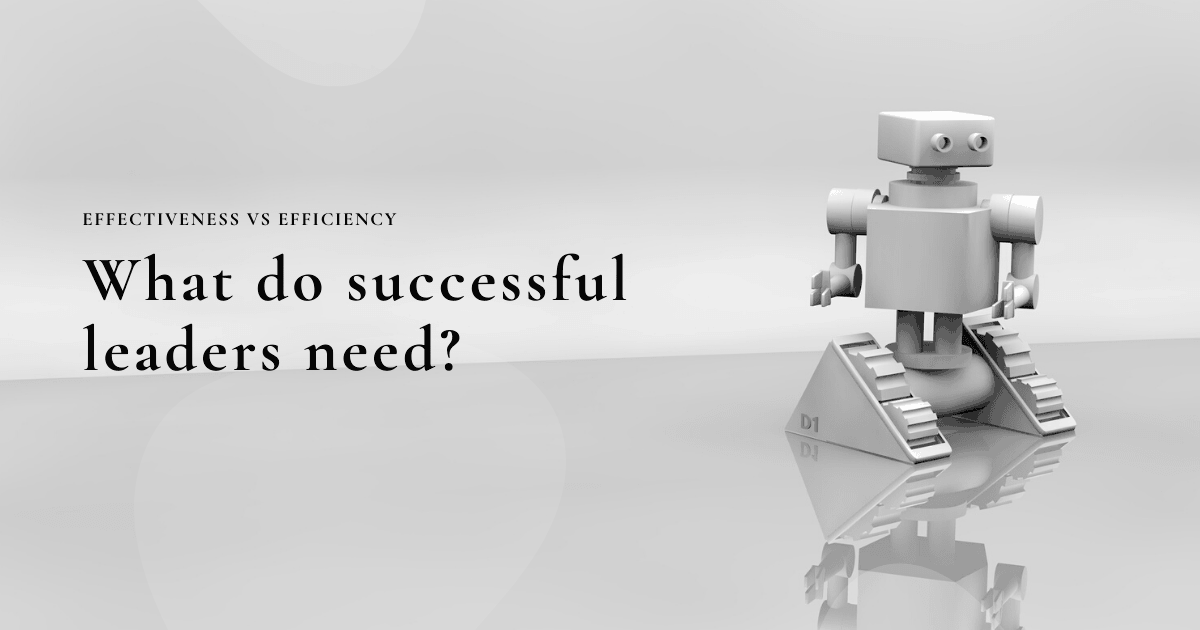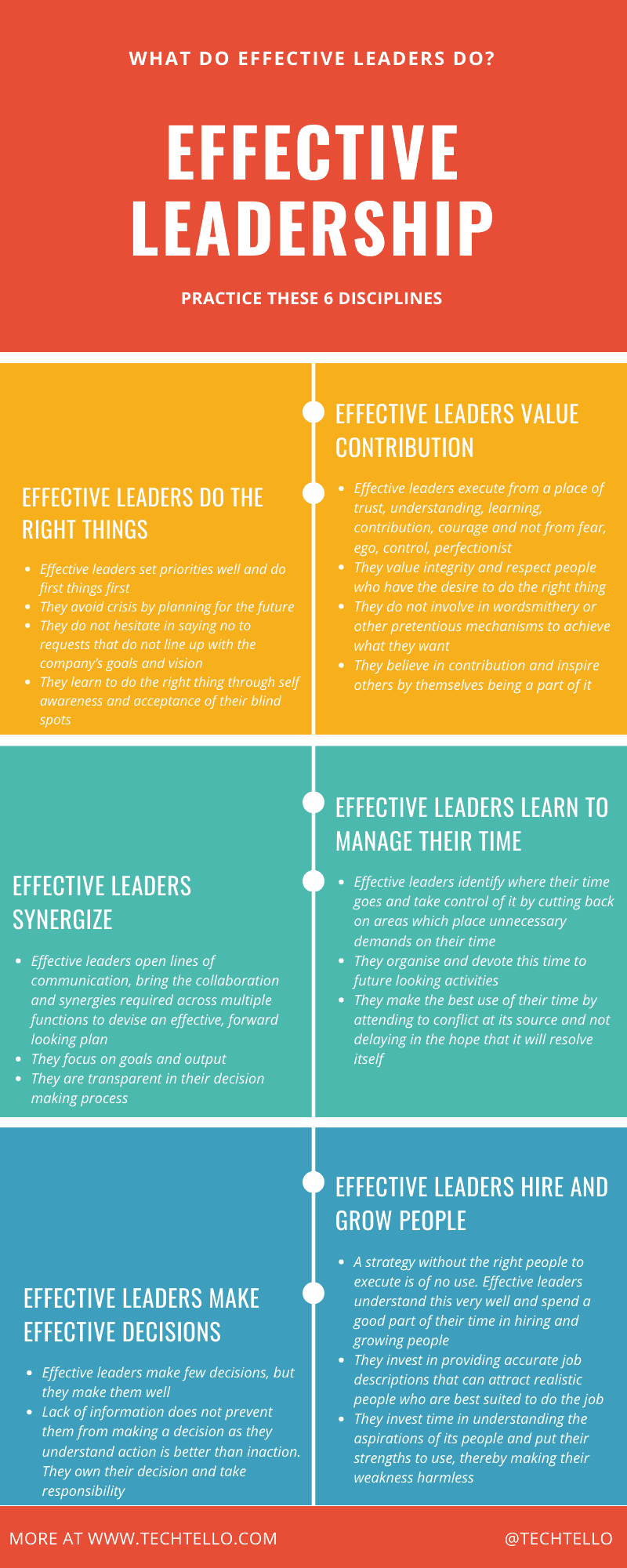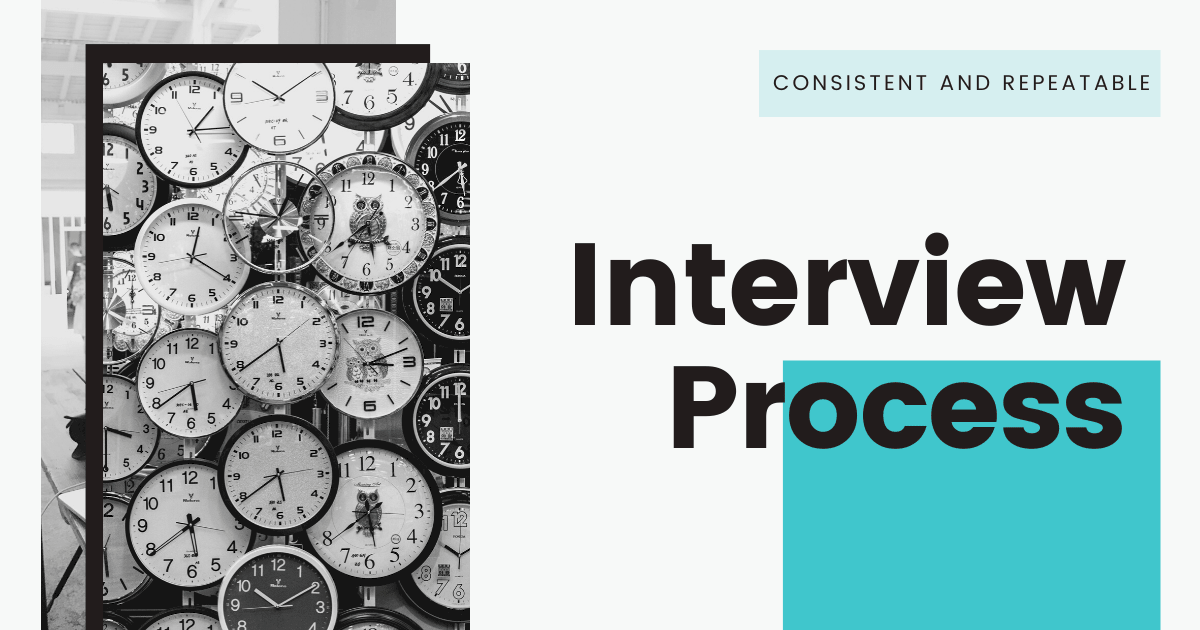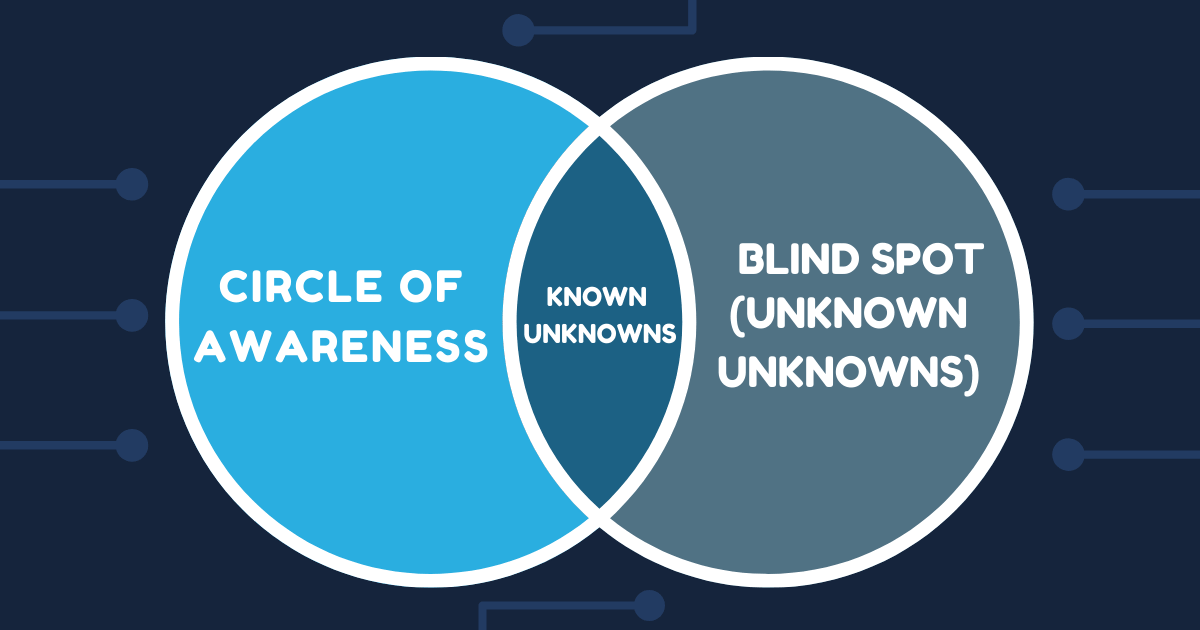Effectiveness vs Efficiency: Why Successful Leaders Need Both

Faster, cheaper, better. There’s a lot of focus in organisations on doing more in less time with less resources. Looming deadlines with the drive to do more engenders execution driven mentality where employees do not pause to question the effectiveness of their work – In doing what you are doing efficiently is it contributing to effectiveness? Effectiveness vs Efficiency – which one is more important?
The desire to launch new products, optimise existing offerings, provide feature enhancements occupy a large mindshare of people who then rush through decisions without managing to determine how all this work lines up to the goals and vision of the organisation and their team. There’s constant pressure to spend time on inconsequential things that do not add value to work or contribute to organisation’s success.
Efficiently doing things that should not be done at all leads to failures as people waste time doing the wrong things with less time left to do the right things.
In keeping with the technological advancements, changing environment and global competition, successful organisations need to spend all of their time and energy in doing Right Things Right. In other words, doing work that aligns with the goals of the company and doing it efficiently.
Effectiveness trumps efficiency. Identifying what needs to be done comes first (effectiveness) and then we need to find a way to do it efficiently. It’s better to do the right thing less efficiently (effective but inefficient) than to do the wrong thing efficiently (ineffective but efficient).
In his book, The Effective Executive, Peter Drucker talks about effectiveness:
Intelligence, imagination, and knowledge are essential resources, but only effectiveness converts them into results. By themselves, they only set limits to what can be attained. To be reasonably effective it is not enough for the individual to be intelligent, to work hard, or to be knowledgeable. Effectiveness is something separate, something different. But to be effective also does not require special gifts, special aptitude, or special training. Practice effectiveness until it becomes a habit. Effectiveness can be learned—and it also has to be learned.
What’s the difference between effectiveness and efficiency?

The two Effs (Effectiveness and Efficiency) are a crucial part of a leader’s journey to achieve success and not end up in a muddled up state. It’s imperative for leaders who want to invest in building the foundation and are not looking for magic to achieve the right balance of effectiveness and efficiency in their work. But, first let’s understand the difference between them:
Efficiency
- Efficiency is asking “What needs to be done”.
- Efficiency is doing things the right way in the best possible manner with the least resources, time and effort.
- Efficiency focuses on process.
- Efficiency is about current work, what must improve now.
- Efficiency is easily measurable by analysing specific metrics.
- Efficiency is internal within the bounds of the organisation.
- Efficiency requires objective analysis.
Effectiveness
- Effectiveness is asking “Why is this being done”.
- Effectiveness is doing the right things. It means demarcating that which shouldn’t be done at all and that which adds value to your organisation. Another way to think about it is to ask the question “Will this add value to my customers”. If not, it’s not worth doing.
- Effectiveness aligns with objectives and goals.
- Effectiveness is future looking with the desire for a better future, encouraging innovation, laying down future strategy, adapting to changing environments, everything that leads to growing people and business.
- Effectiveness is not easy to measure.
- Effectiveness in its true sense requires external view (outside organisation), ability to understand competition, economy, market trends and customer insights.
- Effectiveness requires subjective visioning.
What do effective leaders do?
Effective leaders develop a new way of working by tuning in to outside reality and not only what happens within the bounds of an organisation. They visualise and design the big picture in their mind first and then create a narrative for everyone to align their work to it. Effective leadership requires discipline and practice much like any other habit building. In particular, they commit to practicing these:
Effective leaders value contribution
Effective leaders execute from a place of trust, understanding, learning, contribution, courage and not from fear, ego, control, perfectionism. They value integrity and respect people who have the desire to do the right thing.
They do not involve in wordsmithery or other pretentious mechanisms to achieve what they want. They believe in contribution and inspire others by themselves being a part of it.
Leaders who value true contribution are aware that they don’t know everything and engage themselves in self directed learning without fear or burden.
Effective leaders do the right things
Doing one thing right is more important than doing many things wrong. Effective leaders set priorities well and do first things first.
They avoid crisis by planning for the future, spend time on activities that have long term benefits and steer clear of work that does not align with their goals. They do not hesitate in saying no to requests that do not line up with the company’s goals and vision.
Effective leaders learn to do the right thing through self awareness and acceptance of their blind spots. Their attitude to share information, encourage and solicit feedback and value different viewpoints helps them in making the right decisions that are congruent with their goals.
Effective leaders learn to manage their time
Time is scarce, it’s irreplaceable and leaders will always be in short supply of time if they do not learn to manage it.
Establishing long term strategy and determining goals that will move business and organisation to the next level requires focused thinking and decision making. Such proactiveness requires dedicated blocks of time without interruption.
Therefore, the effective leaders identify where their time goes and take control of it by cutting back on areas which place unnecessary demands on their time. They then organise and devote this time to future looking activities. They make the best use of their time by attending to conflict at its source and not delaying in the hope that it will resolve itself.
In his book, The Effective Executive, Peter Drucker provides great insights on managing time:
Make your time count. The secret of people who do so many difficult things, is that they do only one thing at a time; they refuse to let themselves be squandered away in small driblets [that] are no time at all. This requires the discipline to consolidate time into blocks, of three primary types. First, create unbroken blocks for individual think time, preferably during the most lucid time of day; these pockets of quietude might be only ninety minutes, but even the busiest executive must do them with regularity. Second, create chunks of deliberately unstructured time for people and the inevitable stuff that comes up. Third, engage in meetings that matter, making particular use of carefully constructed standing meetings that can be the heartbeat of dialogue, debate, and decision; and use some of your think time to prepare and follow up
Effective leaders synergize
An organisational strategy spans multiple teams and functions that must come together to define and embrace it.
Effective leaders open lines of communication, bring the collaboration and synergies required across multiple functions to devise an effective, forward looking plan. They focus on goals and output and not on tasks.
They are transparent in their decision making process and provide enough context to their people on the rationale behind their choices. They create a culture of “Why” and encourage everyone to ask it repetitively before committing to work, stick with priorities and learn to say no to things that do not align with their goals.
Effective leaders hire and grow people
A strategy without the right people to execute is of no use. Effective leaders understand this very well and spend a good part of their time in hiring and growing people.
While putting together recruitment strategies, they invest in providing accurate job descriptions that can attract realistic people who are best suited to do the job.
They invest time in understanding the needs and aspirations of its people and put their strengths to use, thereby making their weakness harmless by exploiting the best in them.
They employ fair practices while offering flexibility to its employees and do so as a cultural change that provides true value to its employees.
Effective leaders make effective decisions
Effective leaders make few decisions, but they make them well. They reserve their mental energy to only those decisions that truly need their inputs.
They gain deeper insights about the topic under discussion by truly listening to people around them and taking all external and internal elements into account before making the decision as a whole.
Lack of information does not prevent them from making a decision as they understand action is better than inaction. They own their decision and take responsibility if the outcome does not line up with their expectations. This sets up a learning process that prevents counter-productive decisions in future.
Evolution to efficient management
Once effectiveness is established, efficiency must take the front seat to win in the marketplace. Products that take too long to build, have higher costs or require a lot more resources to build will lag behind their competition.
Effective leaders must then evolve to support efficient management by establishing process understanding, identifying potential automation areas and enabling tools to save time.
With the intent to maximise goals while minimising resources, they must craft a careful plan with their managers that determines what needs to be done without doing too much or too little.
Procrastination or being a perfectionist at this stage can be disastrous as this is the time to act. They encourage all groups to come together and put their best efforts forward to meet the committed timelines.
Remember, it’s easy to deviate from the plan as things get set in motion. Encouraging employees to ask “Why” at each stage can bring focus back to the goals and avoid inadvertent failures.
The ultimate balance of effectiveness and efficiency
Taking too long to ship, adding features that do not add value or pushing a half baked product can all lead to drop in the market share, dip in customer satisfaction and eventually lose the competitive edge.
In this world of fast paced technology and rapid changes, synergize effectiveness and efficiency to be a successful leader. Weld the two together to do the right things right:
- As you start, the first step is to have a solution. Do not seek a perfect solution from day one. Any solution is better than no solution
- Put it into action, execute it and learn from it
- With enough learning, utilise the knowledge gained during the process and put to best use – analyse and determine ways to do it efficiently
Be a conscious leader and start from a place of self awareness. Do self reflection and seek feedback. Auditing how well you are doing in each area will help you find the perfect intersection of effectiveness and efficiency that works for your environment.
Recommended Reading

The Effective Executive By Peter Drucker

The 15 Commitments of Conscious Leadership By Jim Dethmer and Diana Chapman

I am curious to learn how you find the right balance of effectiveness and efficiency as a leader. Drop me a comment below or write to me.
You may also like...
8 Responses
- Comments8
- Pingbacks0





























It is a very important subject matter especially for the leaders for their carriers by giving clear direction.
Absolutely Samuel. All leaders need to find the right balance of effectiveness and efficiency in their work.
Thanks,
Vinita
Thanks so much for the excellent write up. This is the deal breaker of this paper “effective leaders must weld effectiveness and efficiency together to do the right things right.
Great Job.
Bernie
Thanks Bernie.
Thank you for your support
Thanks Alemu.
Thank you for this useful information that you have presented about both terms effectiveness and efficiency.
Thank you